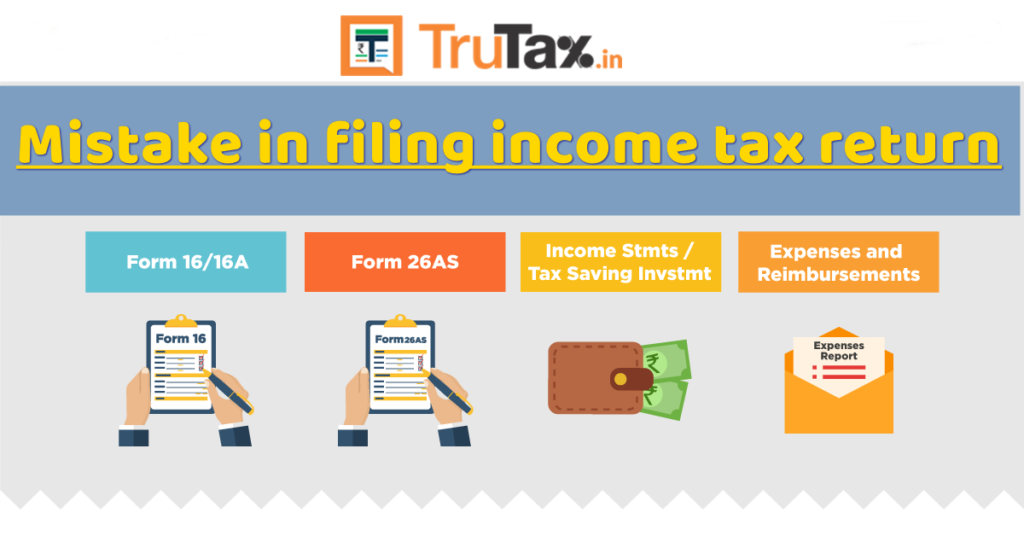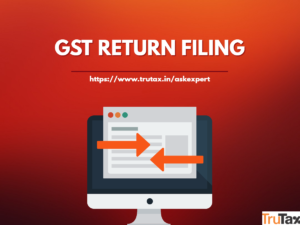Form 16 is the TDS certificate issued by your employer, to certify the deductions they’ve made. It not just helps in IT returns, but also remains important as an income proof, for clearing tax credit and it is also used for visa processing.
When an employer deducts TDS on salaries, the Income Tax lays down that TDS certificate must be issued by the employer, on or before May 31 of the financial year that follows the financial year in which the tax is deducted. This must be issued once in a year, like how banks issue TDS certificates in respect to tax that they deduct from your interest income.
Why is Form 16 important?
The primary Form 16 purpose is that it acts as a proof of taxes being paid on time, and that the income an employee earns from his/her salary is genuine, valid and recorded with the Indian Government. Although, individuals earning a salary of or less than Rs 2.5 lakh in a financial year (FY) are exempt from Income Tax, anyone earning a higher salary and eligible to get Form 16, know about what is the use of form 16 for numerous purposes.
Uses of Form 16
Form 16 can be very beneficial, and here’s a look at some of form 16 uses and advantages:
Help in filing income tax returns:
Form 16 gives a breakup of your salary including bonuses and allowances along with details of your tax saving investments declared by you to your employer. All these details in Form 16 will help you file your income tax returns online. You can refer to your Form 16 for the details required while filing your returns.
Verify that the employer has deposited TDS to the government:
Your employer/deductor can issue you a Form 16 only when s/he has deposited the TDS to the Central Government account. It is a proof that s/he hasn’t misused the amount deducted from your salary as TDS.
Compute your tax liabilities:
While the onus of TDS is on the employer, it is your responsibility to pay taxes. The employer may have deducted tax on the incorrect/suppressed information given by you. In this scenario, you may have either underpaid your taxes or over-paid your taxes. Form 16 helps you compute your tax liabilities and help you pay the remaining tax or seek refund by filing your returns on time.
Credit Card:
Applicants have to provide the new Form 16 for the last 2
years when applying for a credit card.
Form 16 acts as a proof of income and statement of income tax liability, which
helps credit card issuers to assess the financial position of a customer.
Financial institutions use this certificate as a way to determine the credit
limit for the borrower. A high income may enable a customer to avail a higher
credit card limit.

Loans:
Individuals may need to show the Income Tax Returns they filed when they apply for a home loan, personal loan or a vehicle loan. Form 16 gives a breakup of your salary and your tax liabilities, and it comes handy while assessing your loan application.
Combined with Form 16A and 16B, Form 16 also gives a good idea of your tax saving investments and any other periodical investment schemes that may be draining your money. It allows the lender to assess your financial health and your loan repayment capacity. Through this, they can calculate the maximum loan amount they can provide to you, for what tenor and at what interest rate. Usually, a good financial statement attracts cheaper interest rates.
Visa Processing:
Foreign embassies and consulates may ask about Form 16 for
the last two years to understand the financial stability of a salaried
individual and assess if s/he can manage finances while travelling abroad. They
may also ask for proof of income tax return, since you may be having other
sources of income like returns on fixed deposits, mutual funds and sale of a
property.
If you’ve switched your job, you can ask for Form 16 from your previous
employer to help the next employer assess your tax liabilities and let him/her
deduct tax accordingly.
The employer/deductor is bound by law to issue you the Form 16 in case your
income from your salary is above Rs 2,50,000. If you don’t receive it by
mid-May, remind your employer to issue it to you at the earliest, so that you
can check for any anomalies and file your returns on time.

